Netflix True Crime Series Reveals Terrifying Truth Behind Criminal Confessions
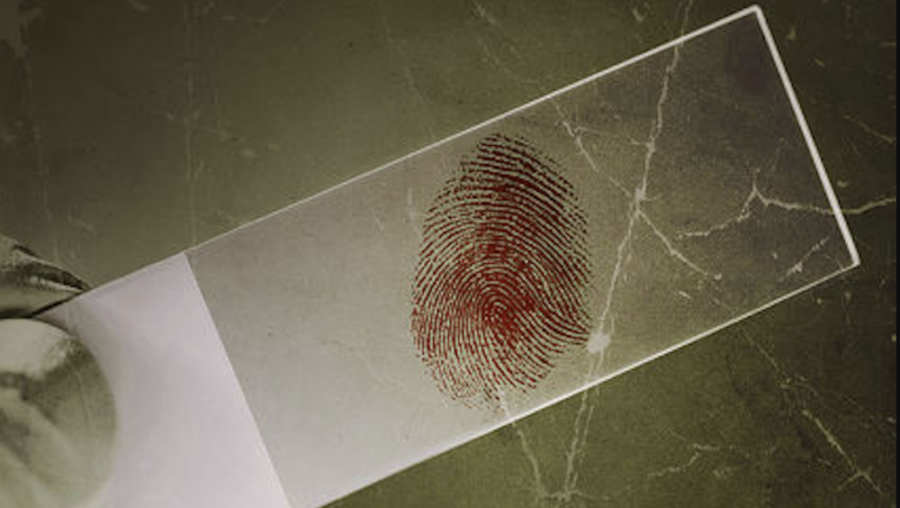
Anyone who makes an actual confession to a crime definitely did it, right? Wrong. That’s the whole idea behind Netflix’s The Confession Tapes and it’s terrifying.
The Confession Tapes On Netflix
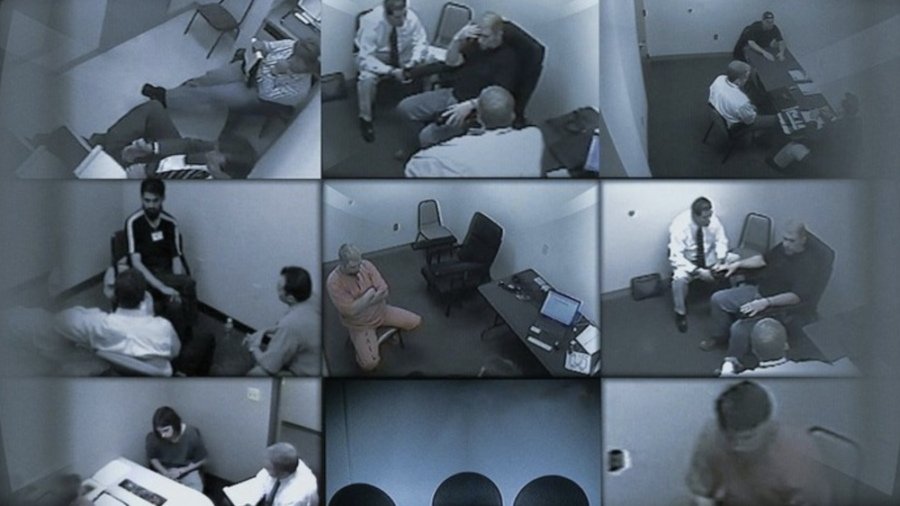
Directed by US filmmaker Kelly Loudenberg, The Confession Tapes focuses on cases in which the prosecution obtained a conviction primarily based on taped confessions. Here’s the catch, though: The suspects say those confessions were coerced.
In one of the trailers for The Confession Tapes, one expert calls it the “breaking point.” Suspects are interrogated for hours at a time. Some are brought in multiple times and this could go on for weeks. Eventually, they confess. The argument is that all the prosecution has is a taped confession, but no evidence other than that.
Interrogated With Lawyers Present?
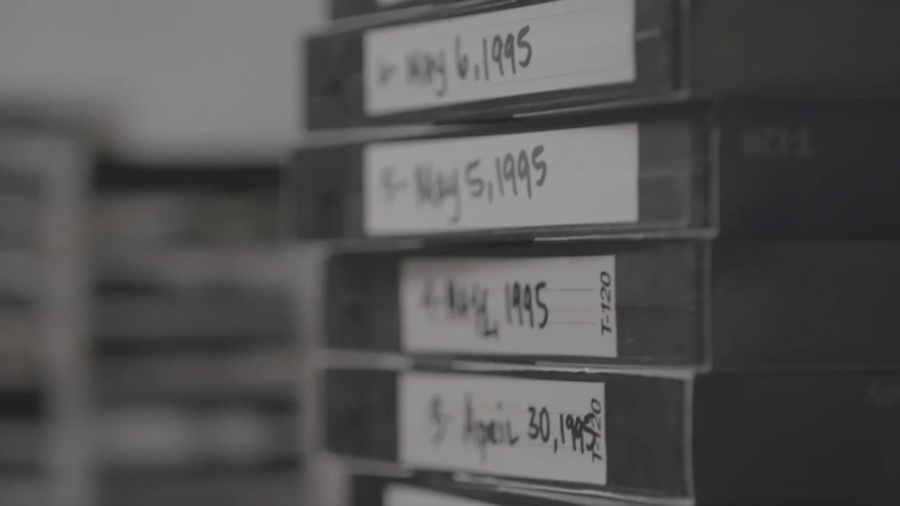
In addition, some of the suspects in The Confession Tapes are interrogated without a lawyer present. This could be due to the fact that they simply don’t know to ask for one. Some of these people have never been interrogated before and aren’t sure how to act.
Those present in the interrogation room who do know how to act are the police, and even they do things they aren’t supposed to do sometimes.
Convicted People Exonerated?

According to the nonprofit legal rights group The Innocence Project, of all the convicted people who have been exonerated by DNA testing, almost 30 percent confessed to crimes they didn’t commit.
The American Psychological Association reports that vulnerable suspects, teens, people with intellectual impairments and those with mental illness are more likely to make false confessions, especially if they are under pressure. Making a Murderer and Brendan Dassey come to mind.
Police Can Lie About Evidence?
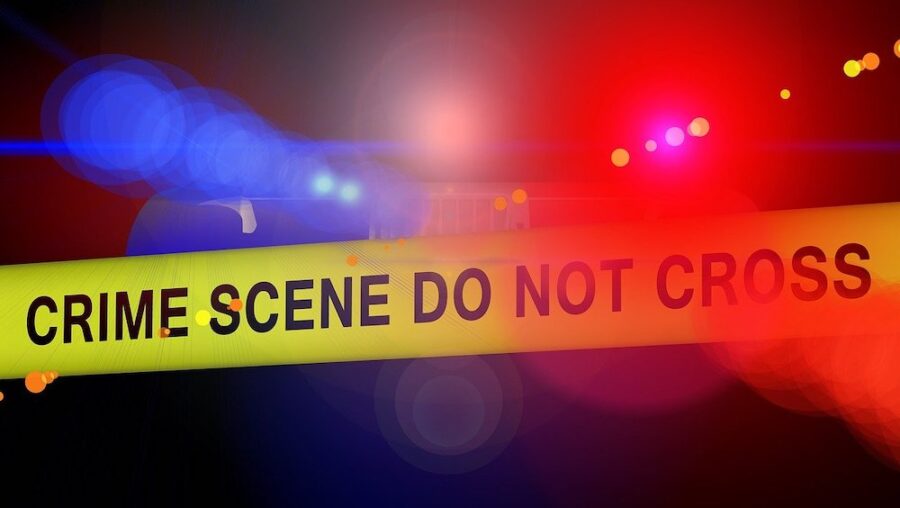
In one case in The Confession Tapes, a man is accused of setting his girlfriend on fire and is led to believe that his DNA was found at the crime scene when, in reality, it wasn’t a confirmed match.
According to the American Psychological Association, police are allowed to lie about evidence and imply promises and threats through subtle but lawful tactics.
Angelika Graswald’s Case
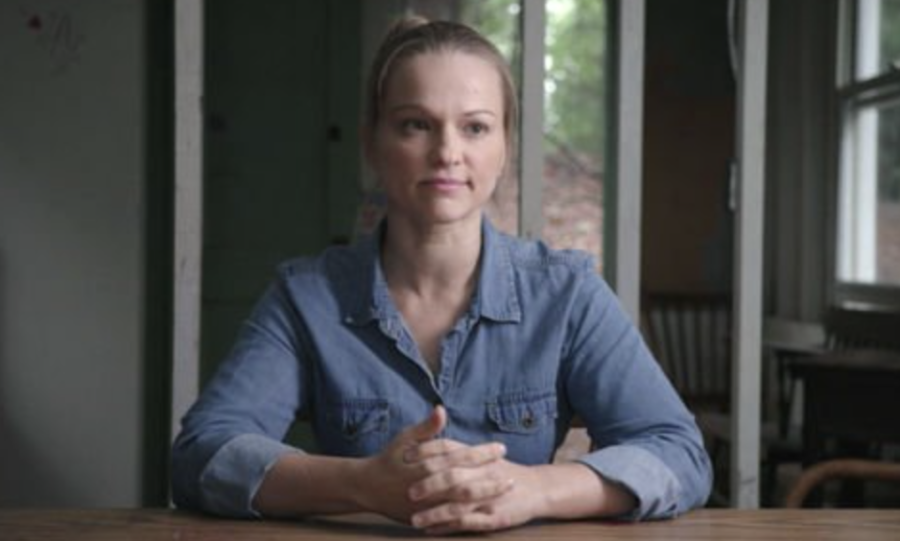
One of the most shocking cases in The Confession Tapes is that of Angelika Graswald who called 911 from the Hudson River where her fiancé Vincent Viafore was drowning. She was later subject to an 11-hour interrogation at the end of which she ended up confessing to his death.
She ended up being convicted of criminally negligent homicide. Graswald said she confessed after a long interrogation in a room with no windows and on no sleep.
The Confession Tapes Streaming On Netflix

A high-profile case in The Confession Tapes is one of a triple homicide that shook Bellevue’s (Washington) Somerset Hill in 1994. Atif Rafay’s parents and sister were bludgeoned to death at their home. Rafay and his friend Sebastian Burns confessed to the crimes, but filmmaker Kelly Loudenberg says those were false confessions and that the suspects both have solid alibis. Prosecutors disagree.
Loudenberg tells Vice she came up with the idea for The Confession Tapes while watching an episode of Forensic Files that featured a subject’s false confession. She reached out to Steve Drizin, a law professor at Northwestern and an expert in false confessions, which led to more conversations and a year of research before going into production on The Confession Tapes.
There are two seasons of The Confession Tapes streaming now on Netflix.












